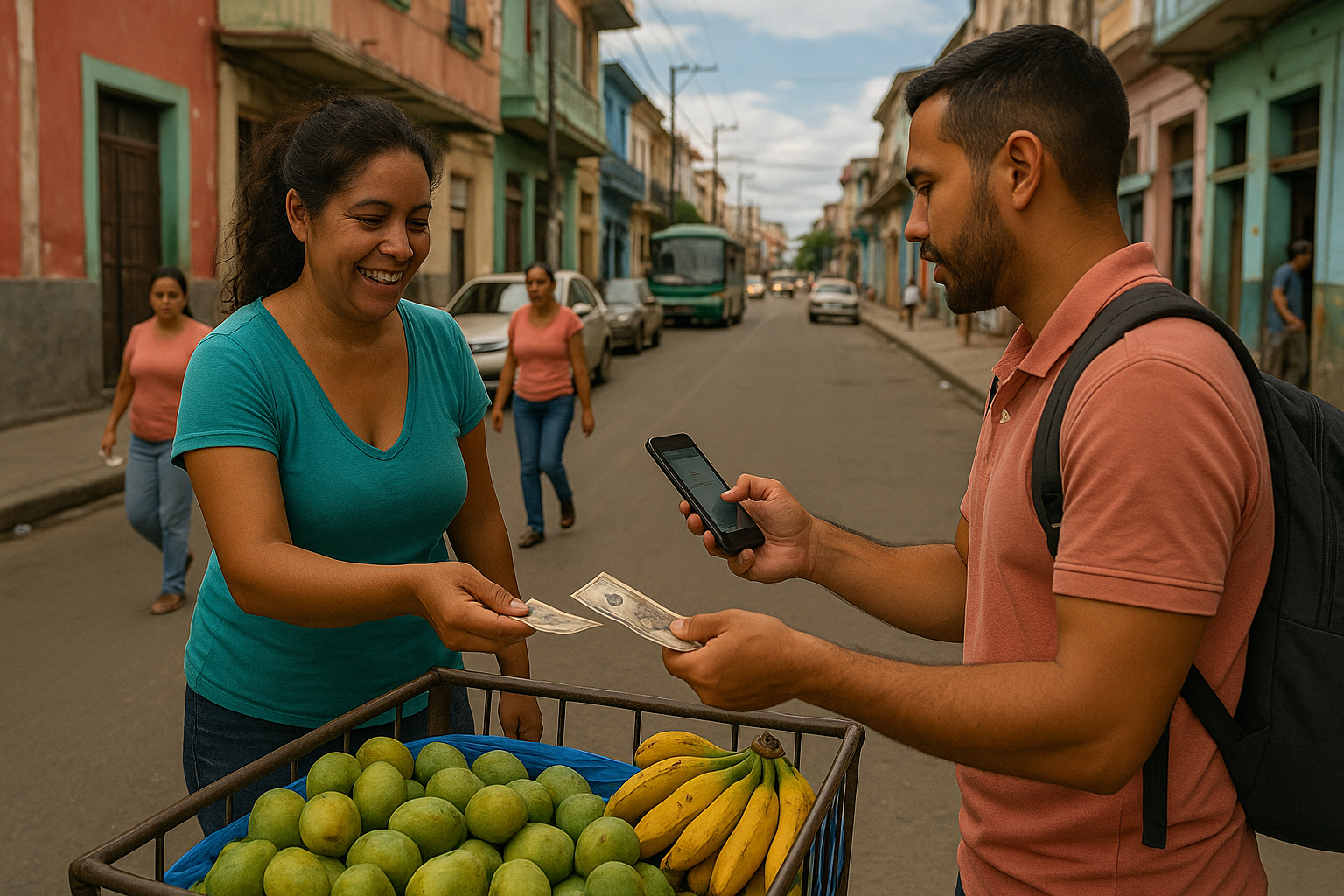Real-Time Payments Emerging as Catalyst for Financial Inclusion in Latin America
The World Bank’s 2025 report, developed with CEMLA and the IDB, highlights how fast payment systems like Brazil’s PIX are revolutionizing financial inclusion across Latin America and the Caribbean. It stresses that real-time, low-cost digital payments can drive regional growth—if matched by strong regulation, interoperability, and public trust.

The 2025 World Bank report Driving Digital Transformation and Inclusion: Fast Payments in Latin America and the Caribbean, produced with the Center for Latin American Monetary Studies (CEMLA), the Inter-American Development Bank (IDB), and various national regulators, captures how instant digital payment systems are reshaping the region's financial and social landscape. The research situates the surge of fast payment systems within a wider global trend toward real-time, low-cost, and inclusive finance, underscoring how technology, policy, and public trust intersect. The authors argue that Latin America and the Caribbean, long marked by inequality and informality, now possess the ingredients for a digital revolution capable of lifting millions into the formal economy. Yet, they stress, this transformation depends as much on governance and collaboration as on innovation itself.
Brazil's PIX: A Model of Inclusive Innovation
Central to the report is Brazil's PIX, launched by the Central Bank of Brazil in 2020 and now heralded as one of the world's most successful instant payment systems. PIX allows anyone, from small shopkeepers to large corporations, to send and receive money instantly, 24 hours a day, at virtually no cost. By mandating open access to all financial institutions and eliminating user fees, the central bank ensured inclusion at every level. The report credits PIX's success to visionary regulation, robust cybersecurity, and active participation by fintechs, which expanded access to millions previously excluded from formal finance. This open design has fueled e-commerce, boosted small enterprises, and provided a template for neighboring countries exploring similar systems.
Uneven Progress Across the Region
While Brazil's experience shines, the report portrays a region moving at multiple speeds. Mexico's SPEI and CoDi networks, Chile's fast payment initiatives, and Colombia's Transfiya platform have each advanced digital adoption but still face fragmented governance, merchant hesitation, and technical inconsistencies. In Caribbean economies like Jamaica, Barbados, and Trinidad and Tobago, limited infrastructure and small market sizes pose additional barriers. The World Bank warns that unless interoperability and regional coordination improve, these fragmented systems risk deepening rather than narrowing economic divides. Harmonized standards and shared payment corridors, the study suggests, could unlock enormous potential, particularly for smaller economies.
Fast Payments and Financial Inclusion
A key thread running through the report is the inclusive promise of fast payments. For millions of unbanked citizens, especially women, informal workers, and small entrepreneurs, instant, low-cost transfers can mean a first step into formal finance. Women benefit particularly when receiving wages or government transfers directly into digital wallets, giving them greater control over income and savings. The report notes that integrating FPS with government-to-person payment programs could expand the reach of social protection schemes. Small enterprises, meanwhile, gain liquidity and operational stability through real-time transactions. Such benefits, however, hinge on digital literacy, affordable connectivity, and user protection, areas where public policy must keep pace with technology.
The Road Ahead: Trust, Regulation, and Regional Unity
The report's forward-looking sections emphasize that the future of digital finance in Latin America and the Caribbean will depend on trust as much as technology. Regulatory clarity, robust data protection, and transparent dispute-resolution systems are non-negotiable if consumers are to abandon cash. Central banks, it argues, must play the dual role of innovators and guardians, facilitating open systems while preserving financial stability. Cross-border payments represent the next frontier, with regional integration offering immense opportunities to reduce remittance costs and promote intra-regional trade. Yet harmonizing anti-money-laundering rules, cybersecurity protocols, and privacy frameworks remains a major challenge. The World Bank concludes that inclusive digital transformation is a collective task, one that requires governments, banks, fintechs, and international organizations to build not just faster payments, but fairer systems.
In sum, Driving Digital Transformation and Inclusion is both a policy study and a manifesto for equitable modernization. By turning digital infrastructure into a public good, the World Bank and its partners envision a region where financial access is no longer a privilege but a right, where innovation serves people, not just markets. The report offers a sober optimism: the tools for transformation are already in hand, but their success will depend on whether Latin America and the Caribbean can build a financial future that is fast, inclusive, and trusted by all.
- FIRST PUBLISHED IN:
- Devdiscourse
ALSO READ
-
ADB, World Bank, and SDC Partner to Boost Climate Resilience in Nepal
-
IDB Launches “IDB Pay” to Expand Digital Payments and Financial Inclusion
-
World Bank Releases New Publication on Global Trends in Public Investment Management
-
86400 Achieves ISO/IEC 27001:2022 Certification, Solidifying Leadership in Secure Digital Payments
-
World Bank Grants $18.3 Million to Boost Sierra Leone’s Climate and Biodiversity Resilience









